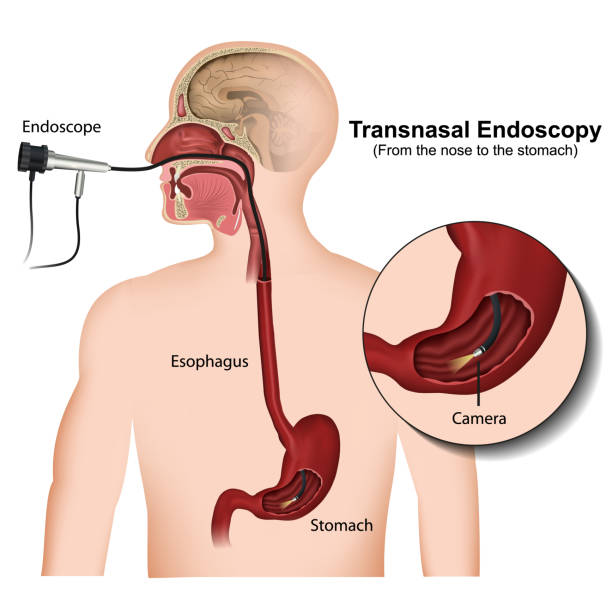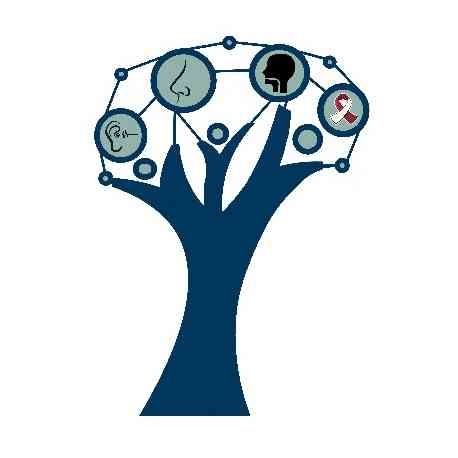+918048035590

This is your website preview.
Currently it only shows your basic business info. Start adding relevant business details such as description, images and products or services to gain your customers attention by using Boost 360 android app / iOS App / web portal.
Nasal Endoscopy In Chembur Nasal endoscopy, also ...

Nasal Endoscopy In Chembur Nasal endoscopy, also known as rhinoscopy, is a diagnostic procedure that involves the use of a thin, flexible tube with a light and camera called an endoscope to examine the nasal passages and sinuses. It allows a detailed visualization of the nasal cavity, sinus openings, and related structures. Here's an overview of the nasal endoscopy procedure: Preparation: Generally, no special preparation is required for nasal endoscopy. You may be asked to remove any jewelry or eyeglasses before the procedure. Anesthesia: Nasal endoscopy is usually performed using local anesthesia, which involves applying a numbing nasal spray or gel to the inside of the nostrils. In some cases, a nasal decongestant may be used to improve visualization. Insertion of the endoscope: The healthcare professional gently inserts the flexible endoscope into one nostril and advances it through the nasal passages. The endoscope provides illumination and magnification, allowing for a clear view of the structures inside the nose and sinuses. Visualization and examination: As the endoscope is maneuvered through the nasal passages, the healthcare professional examines the nasal septum, turbinates (structures that humidify and filter air), nasal cavity walls, and the openings to the sinuses. They can identify any abnormalities, such as polyps, deviated septum, inflammation, tumors, or other conditions that may be causing symptoms. Documentation and interpretation: During the procedure, the healthcare professional may capture images or videos using the endoscope for documentation and further evaluation. They may also take tissue samples (biopsies) if necessary for further analysis. Completion and follow-up: Once the examination is complete, the endoscope is gently removed from the nostril. The healthcare professional may discuss their initial findings with you and provide recommendations for further evaluation or treatment if needed. You may be prescribed medications or referred for additional tests or procedures based on the findings. Nasal endoscopy is generally a well-tolerated procedure with minimal discomfort. However, some individuals may experience a sensation of pressure or mild discomfort during the insertion of the endoscope. The use of local anesthesia helps minimize any discomfort. Nasal endoscopy is commonly performed by otolaryngologists (ear, nose, and throat specialists) and can provide valuable information for diagnosing and managing various nasal and sinus conditions, such as chronic sinusitis, nasal polyps, nasal congestion, sinus infections, or allergic rhinitis. If you have concerns about your nasal health or are experiencing symptoms related to the nose or sinuses, it's important to consult with a healthcare professional who can evaluate your condition and determine if nasal endoscopy or any other diagnostic tests are necessary.

